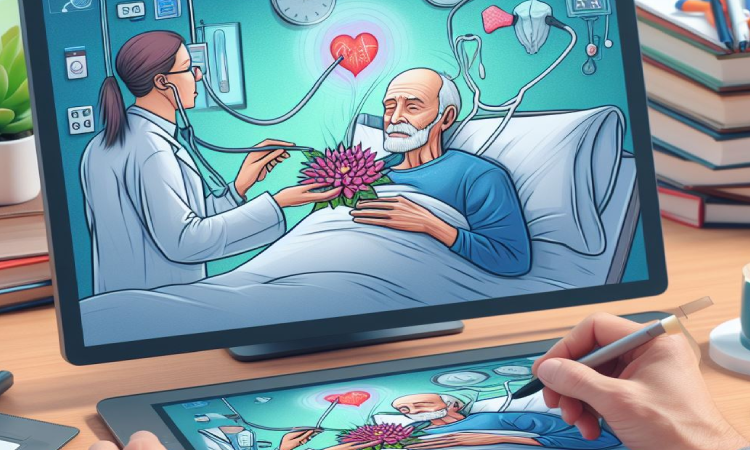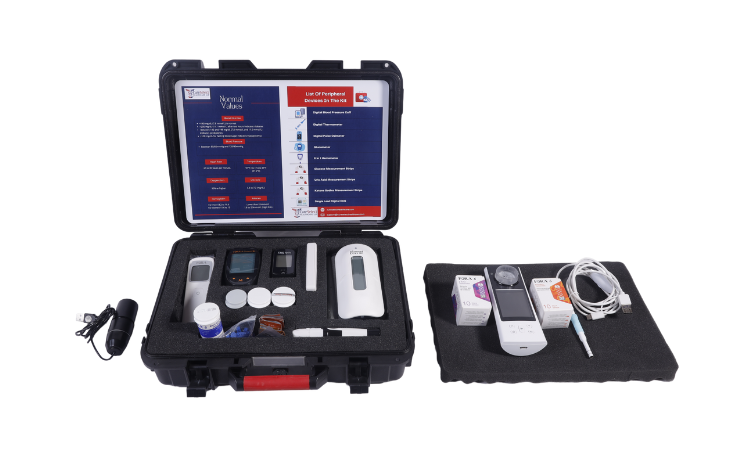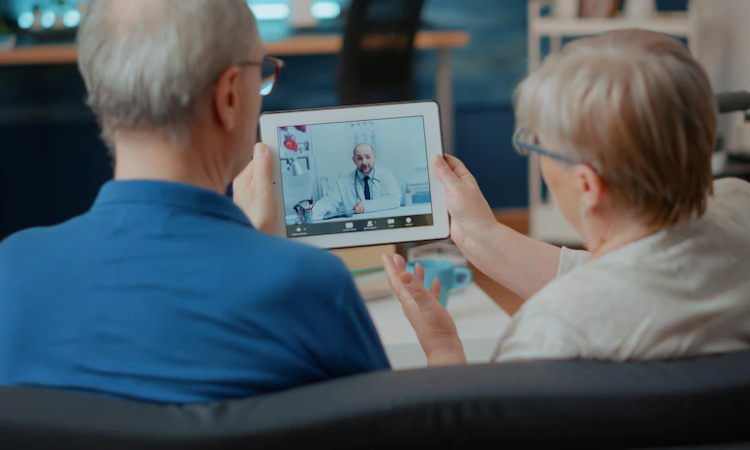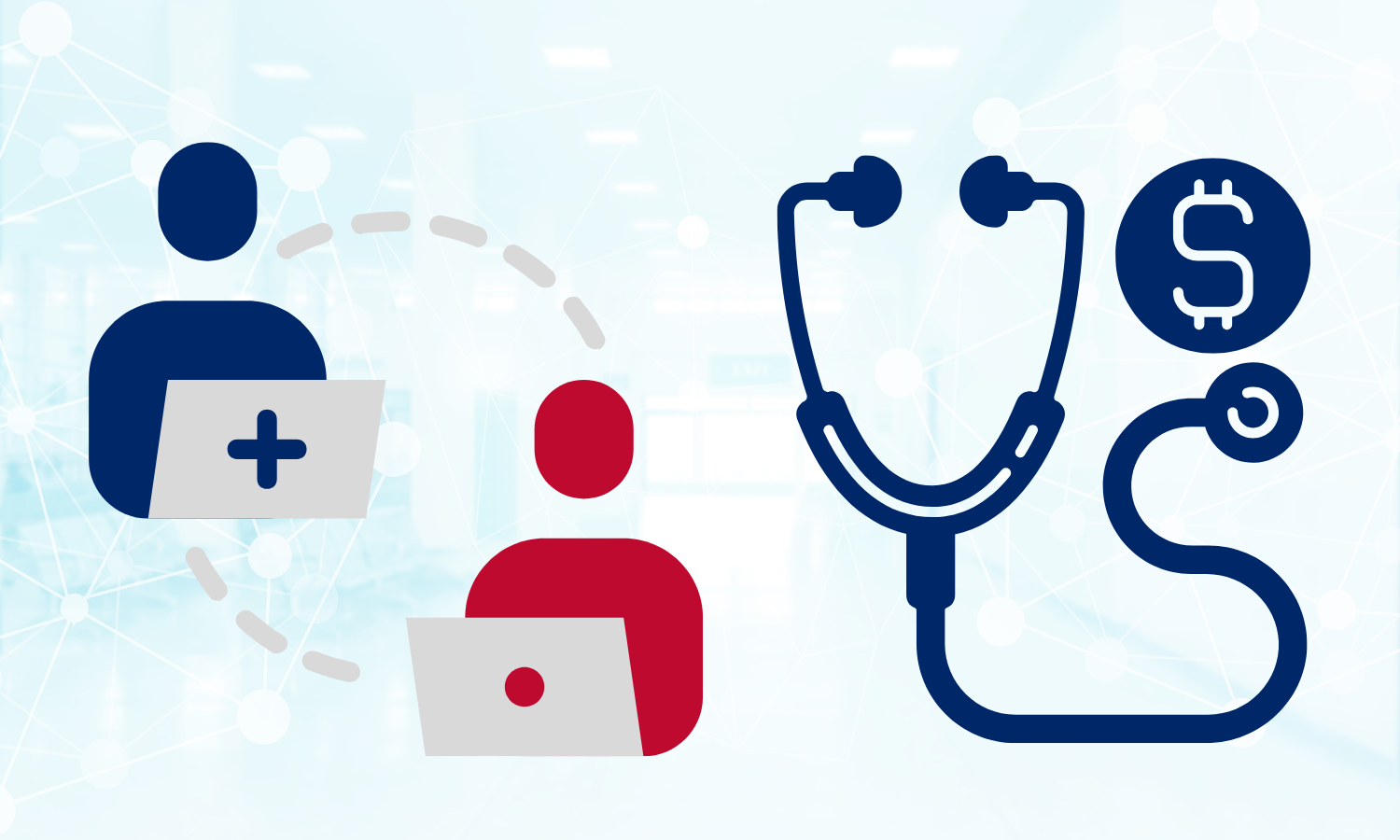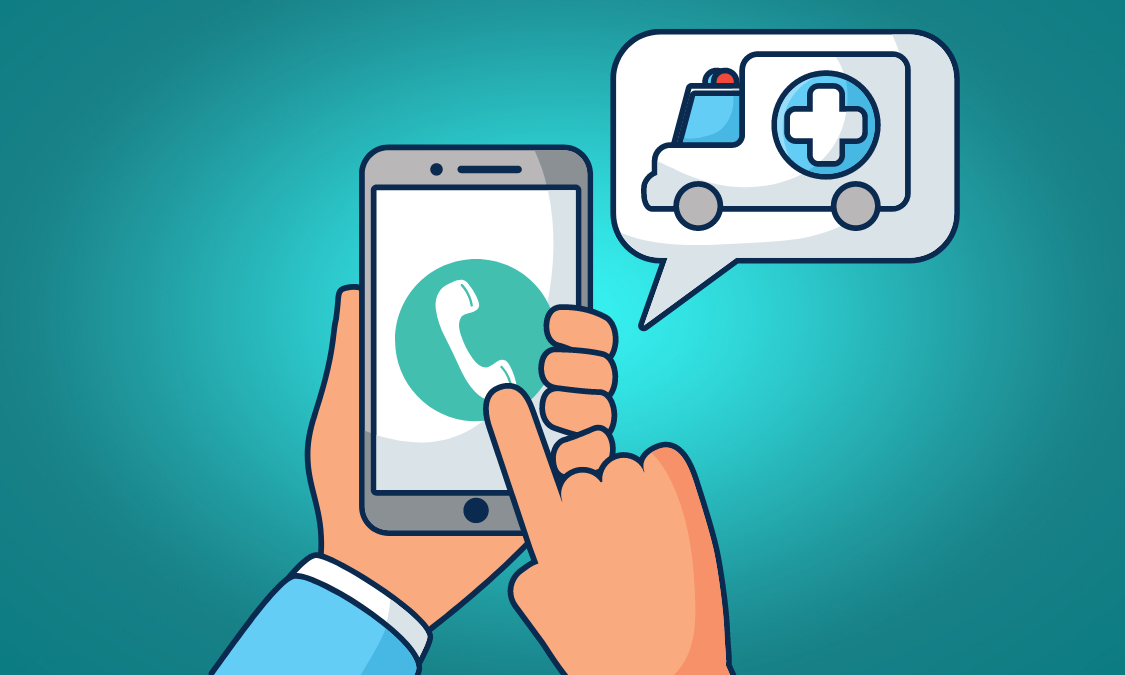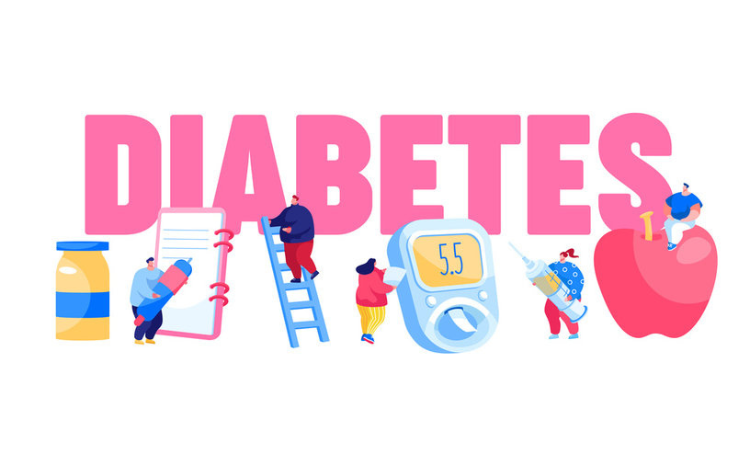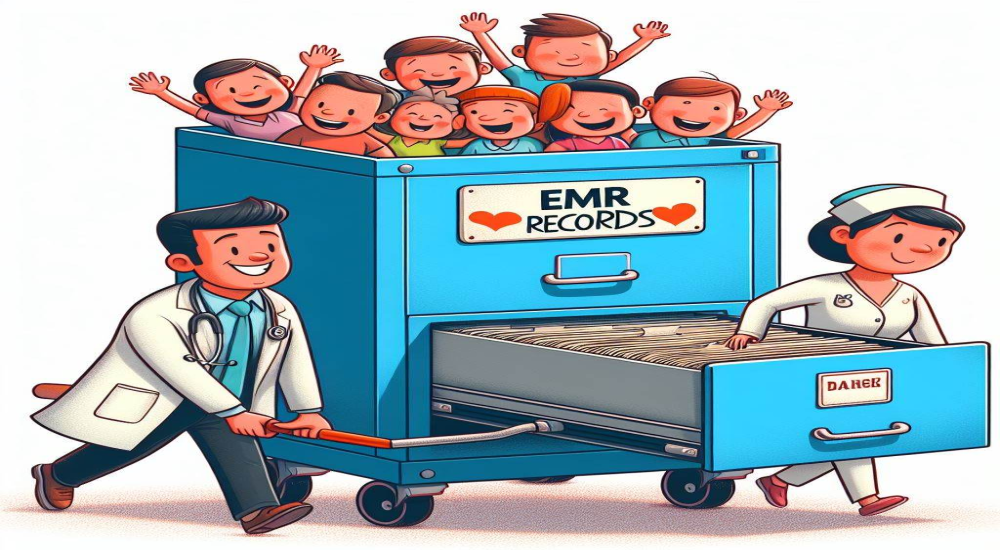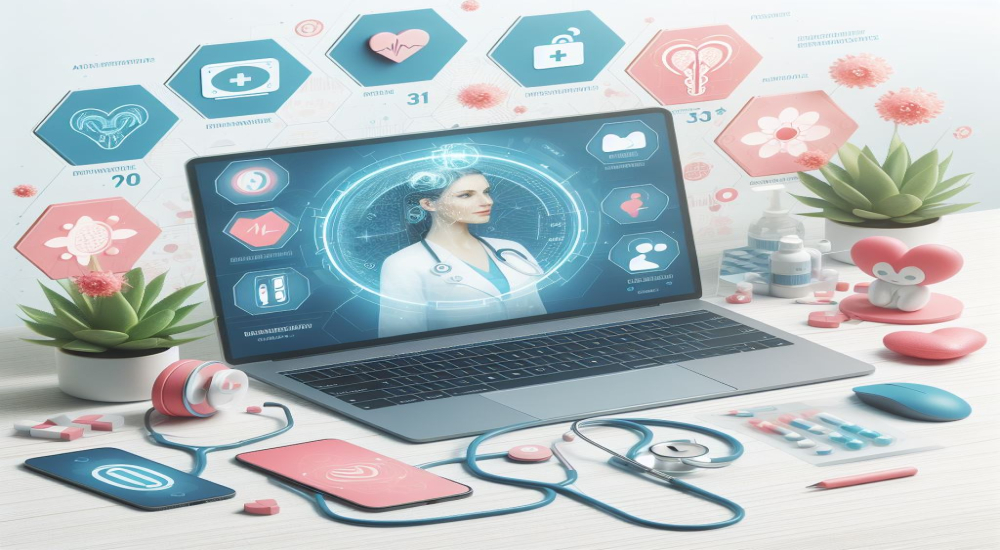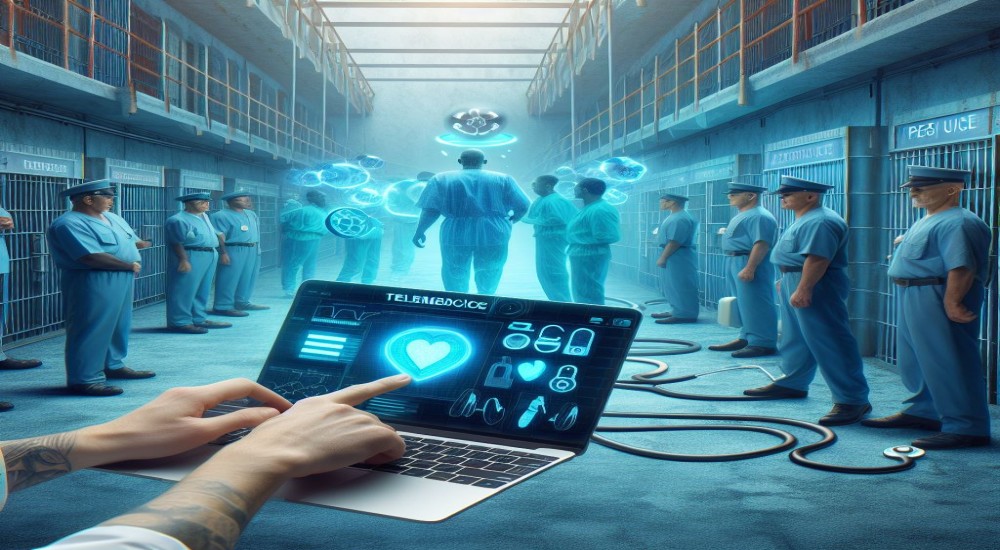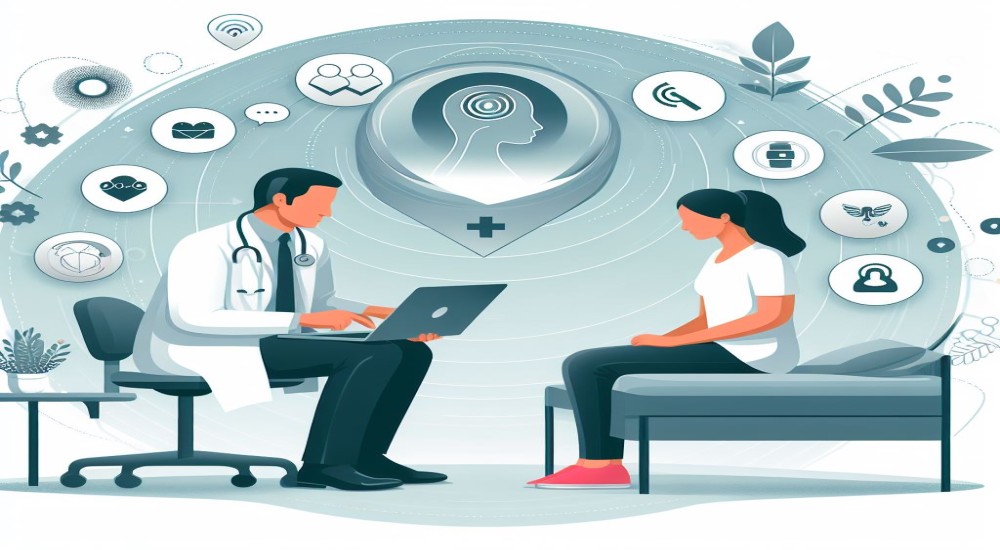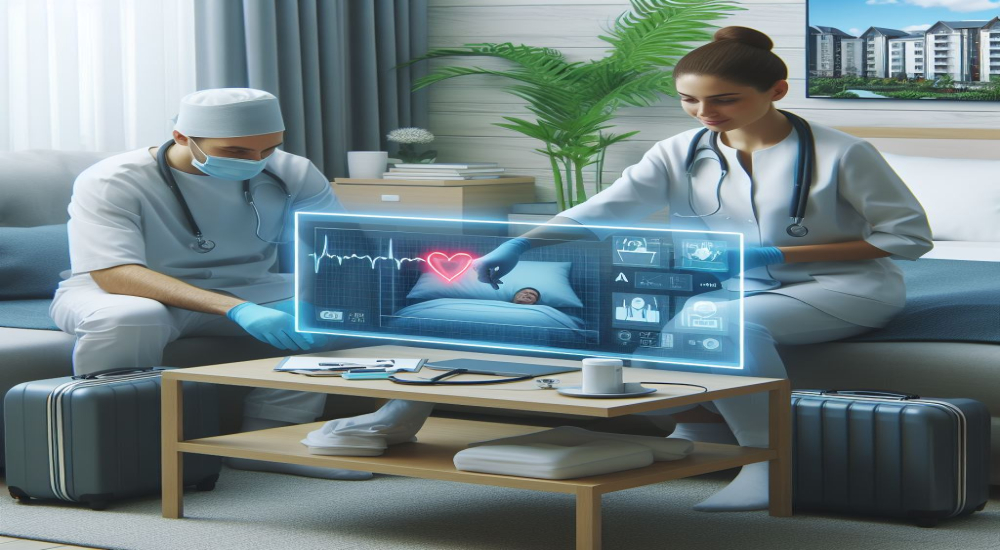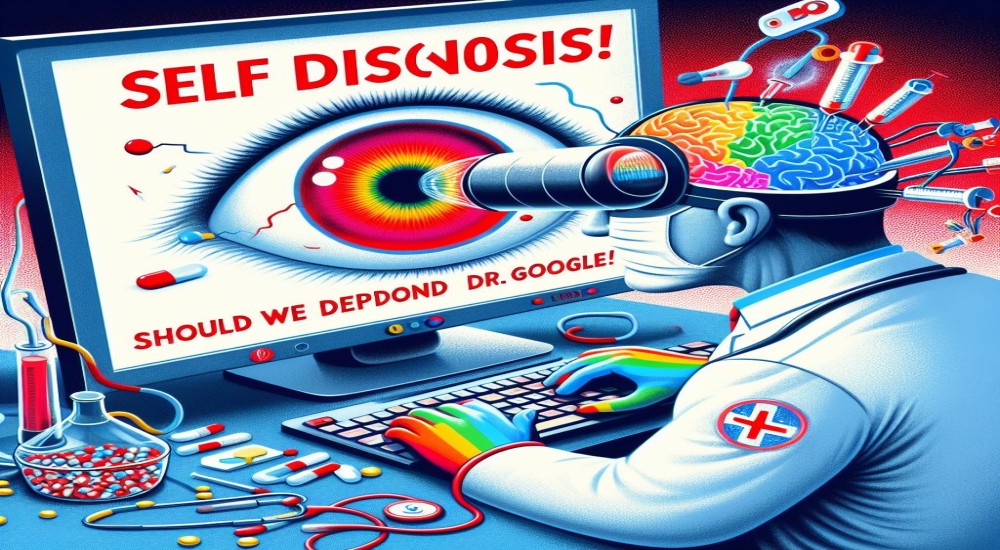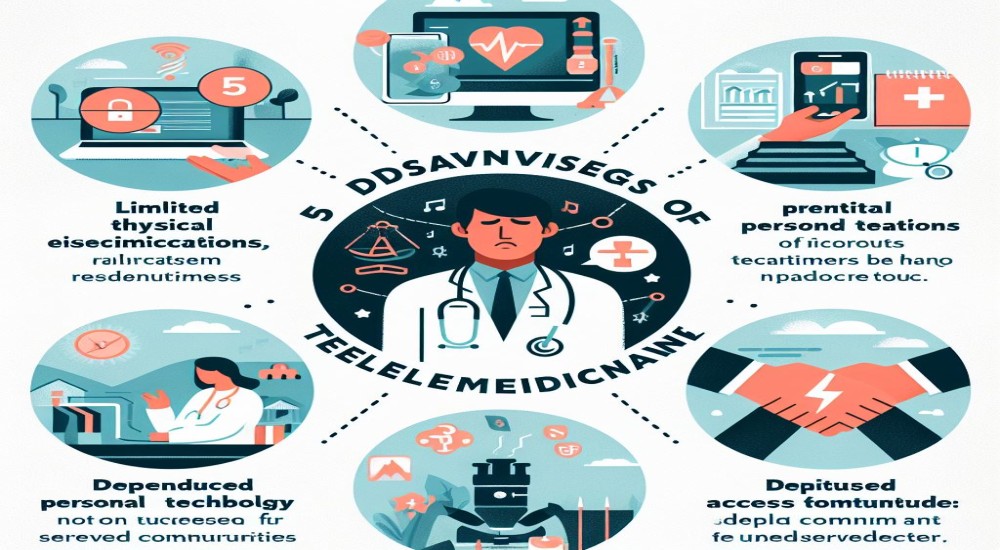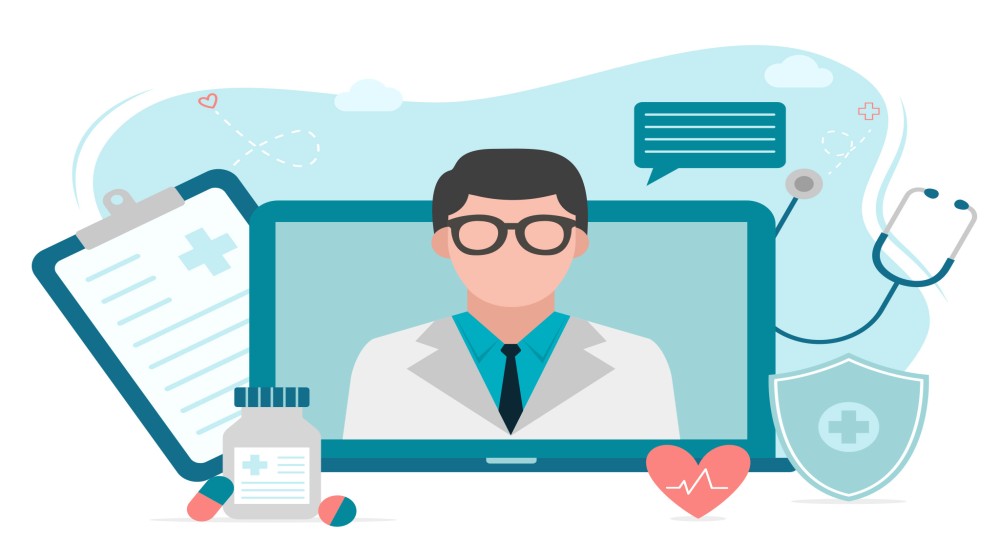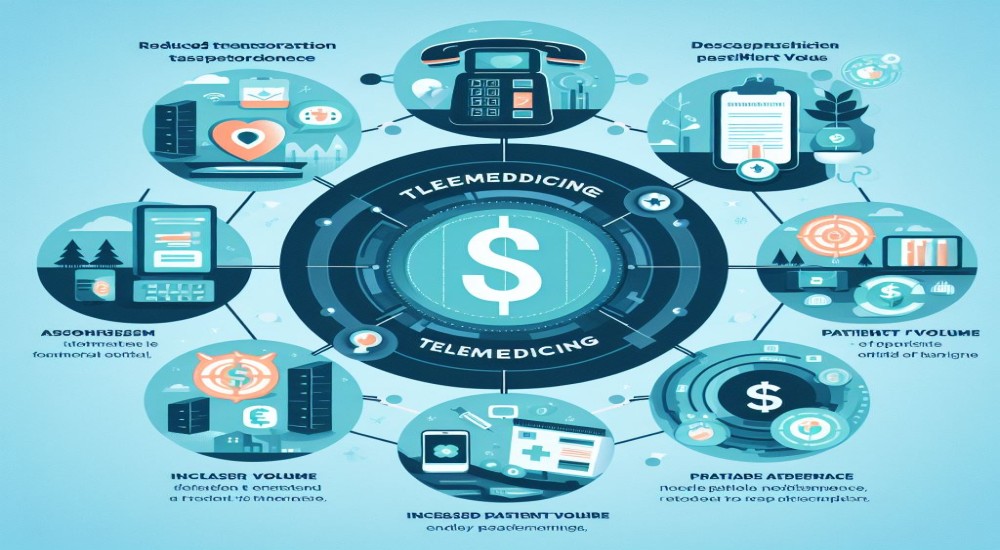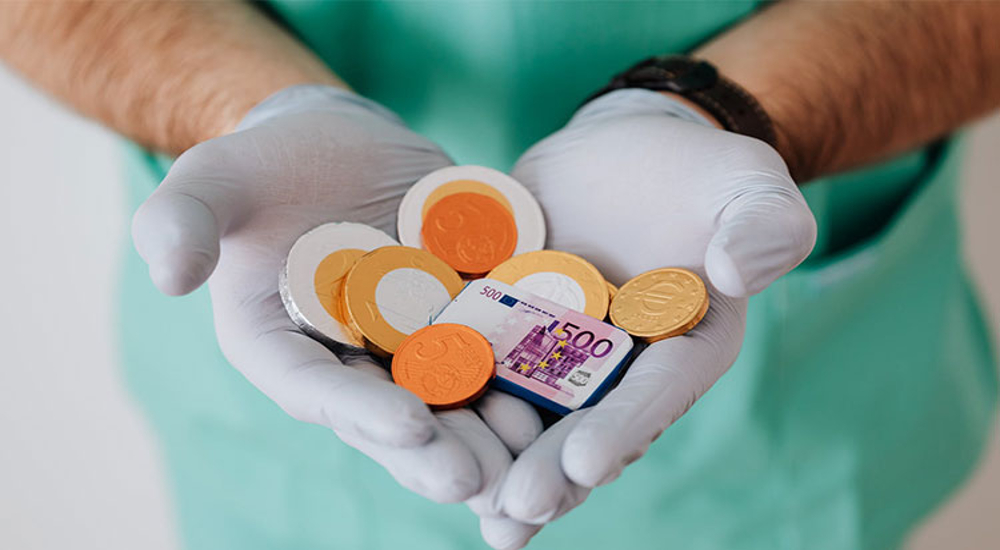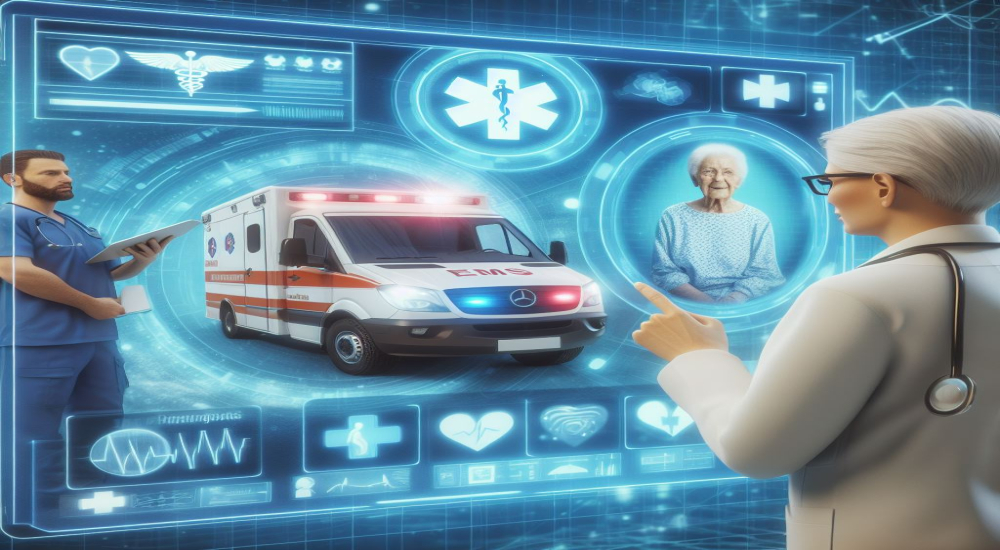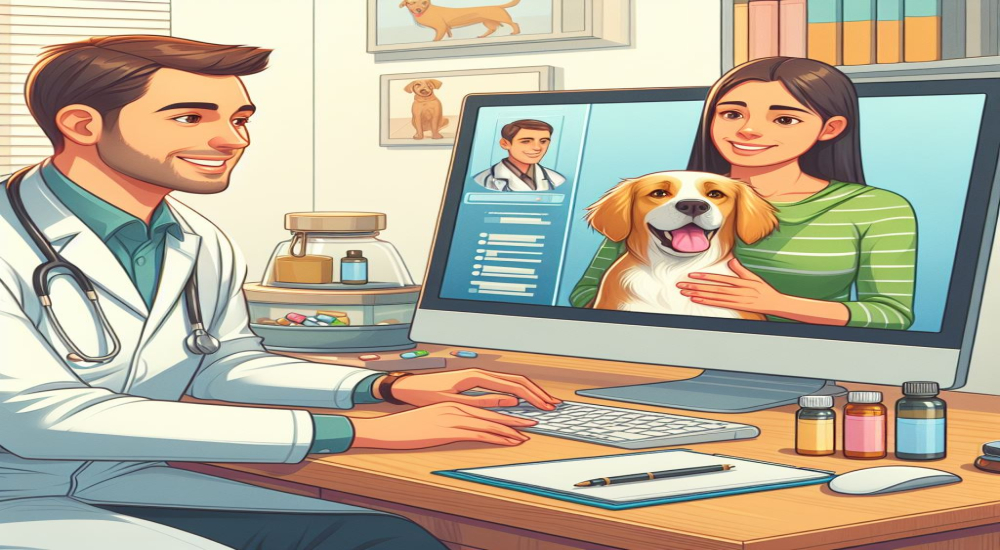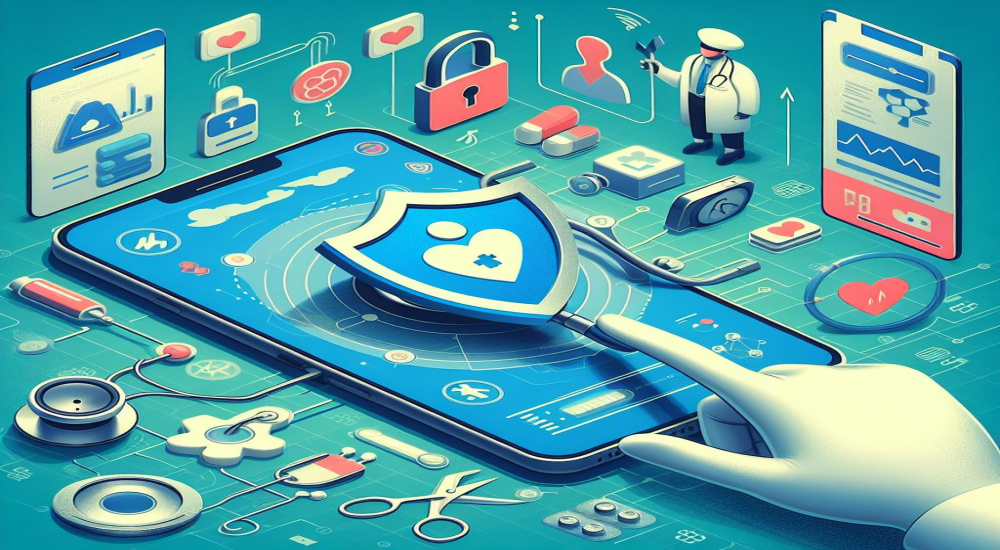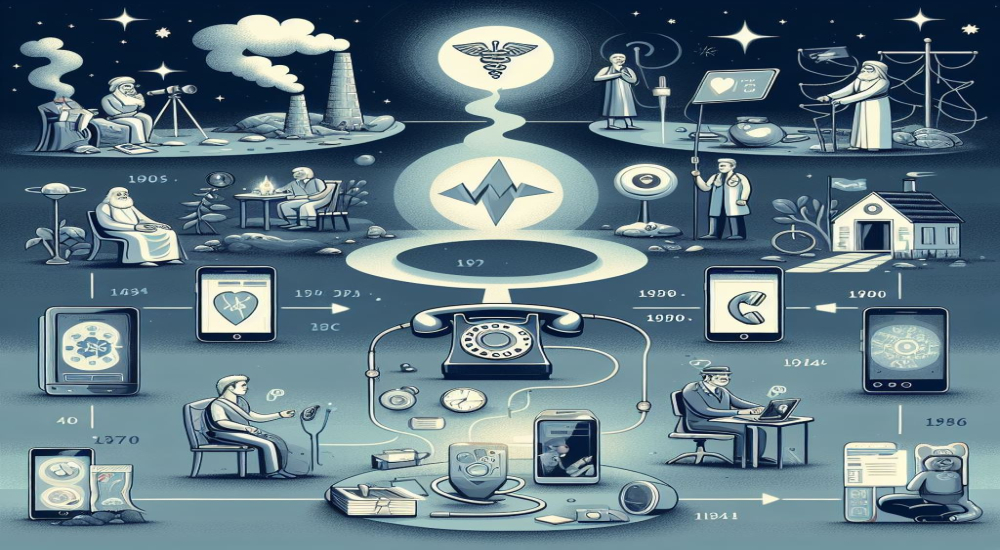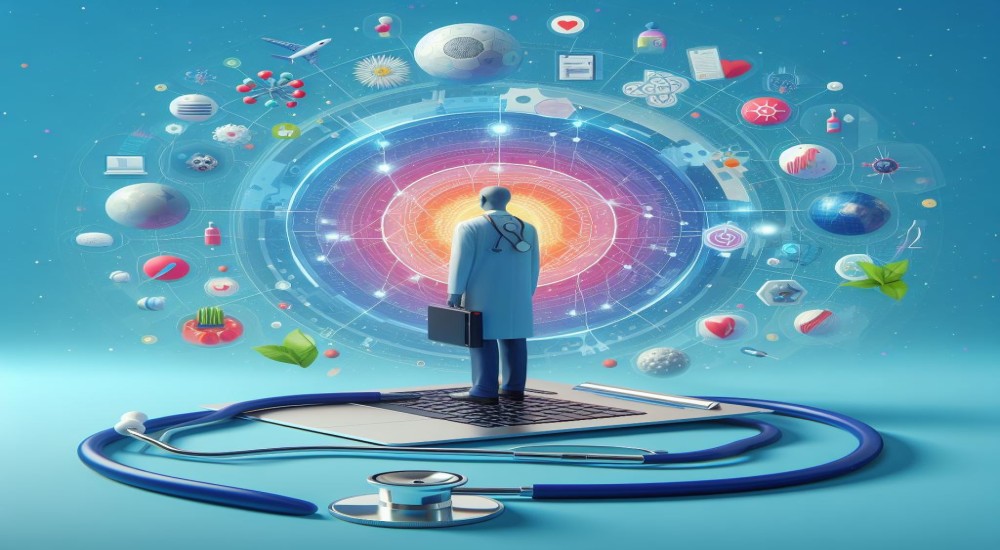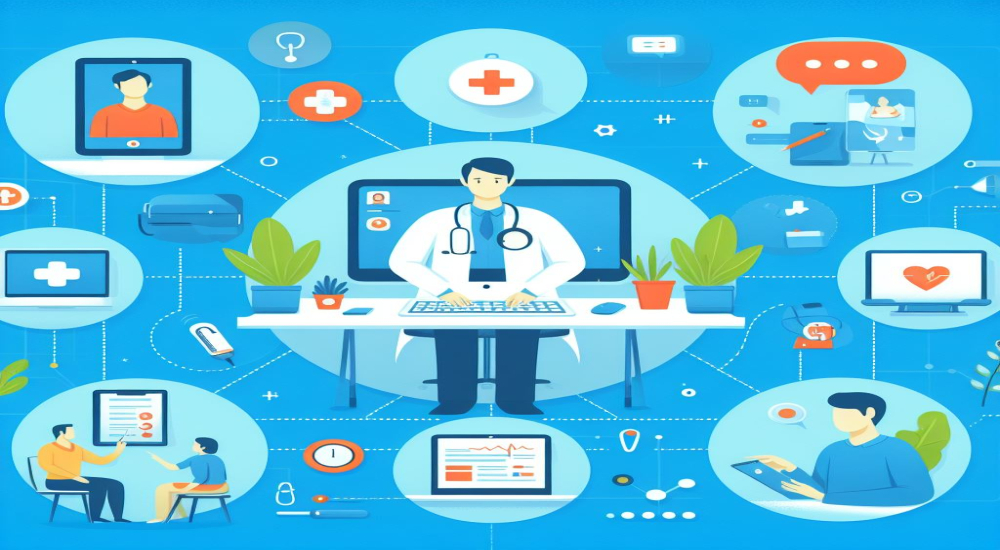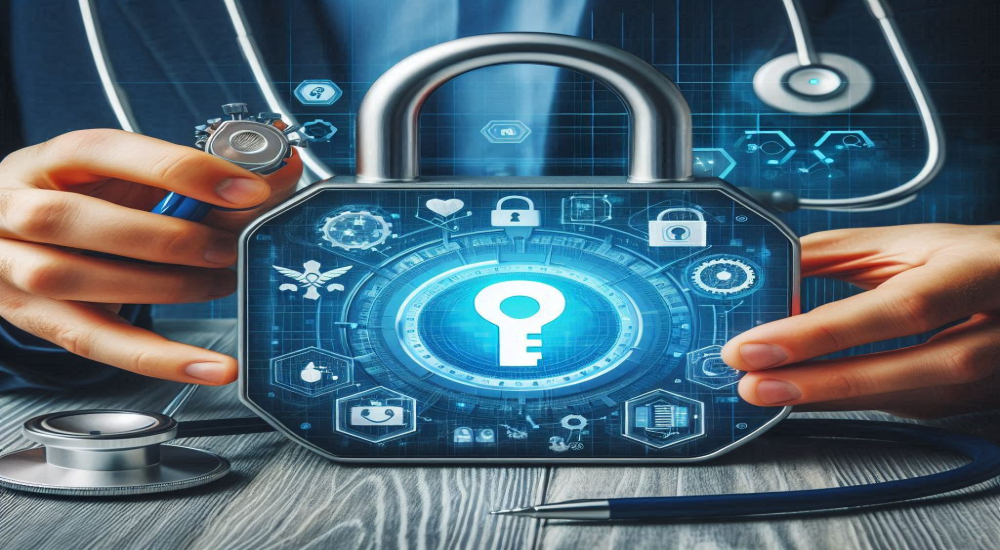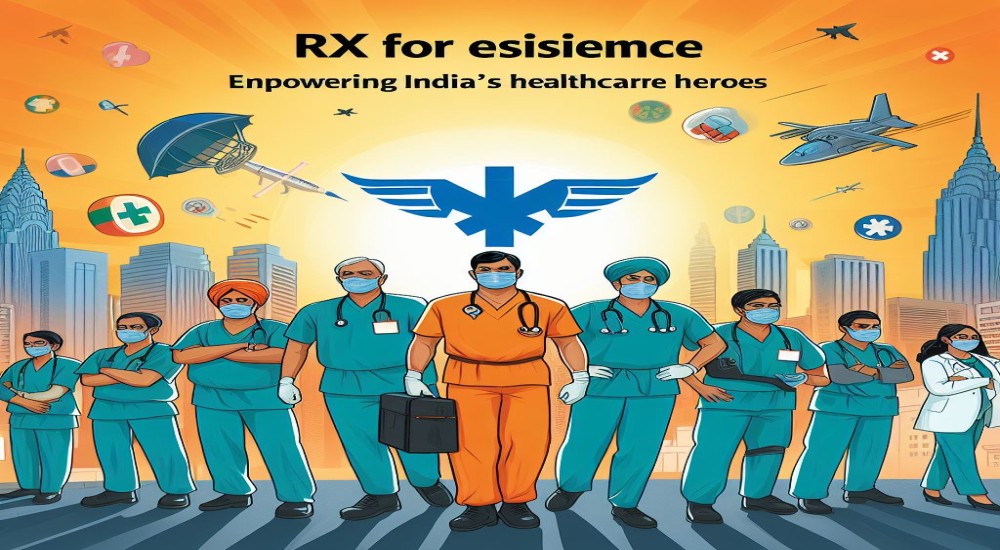Navigating the Trustworthiness of Third-Party Healthcare Apps: Pros, Cons, and Safeguards
In an era where technology permeates every aspect of our lives, healthcare is no exception. Third-party healthcare apps have surged in popularity, promising convenience, efficiency, and empowerment in managing one's health. However, the decision to entrust these apps with our sensitive health data and personal information raises significant questions about privacy, security, and reliability. In this article, we delve into the complexities surrounding the use of third-party healthcare apps, examining the pros and cons, legal safeguards, and considerations for making informed decisions.
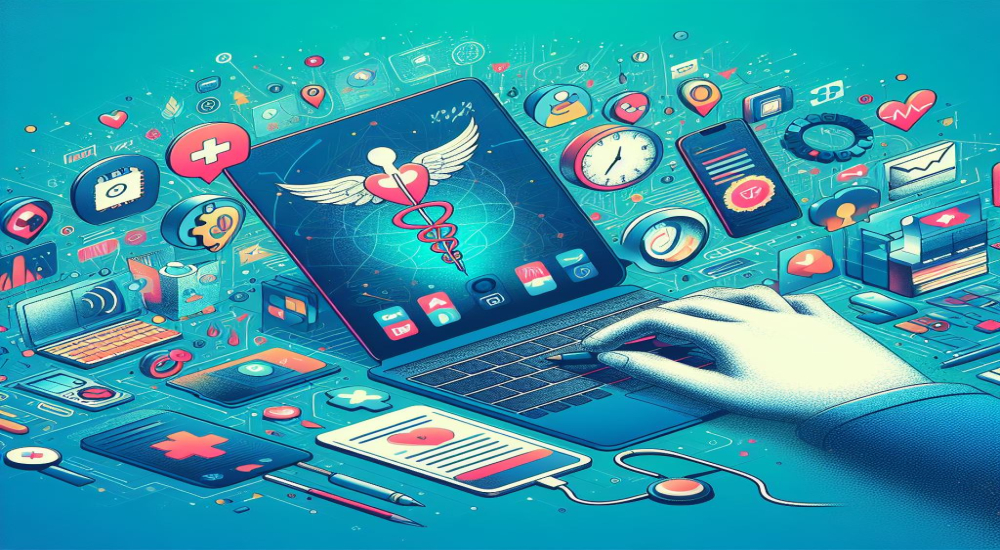
The Promise and Peril of Third-Party Healthcare Apps
Pros:
1. Convenience and Accessibility: Healthcare apps offer unparalleled convenience, allowing users to monitor their health, schedule appointments, refill prescriptions, and access medical information from the comfort of their smartphones or devices.
2. Empowerment and Engagement: These apps empower individuals to take control of their health by providing personalized insights, tracking progress, setting goals, and accessing educational resources, fostering a proactive approach to wellness.
3. Remote Consultations and Telemedicine: With telemedicine gaining traction, healthcare apps facilitate remote consultations with healthcare professionals, breaking down geographical barriers and improving access to care, particularly in rural or underserved areas.
4. Data-driven Insights: By leveraging data analytics and artificial intelligence, some apps offer personalized health recommendations and insights based on user-generated data, potentially aiding in early detection, prevention, and management of health conditions.
Cons:
1. Privacy and Security Risks: Third-party healthcare apps collect a vast amount of sensitive personal and health data, raising concerns about unauthorized access, data breaches, misuse, or unauthorized sharing of information with third parties.
2. Quality and Accuracy: The quality and accuracy of health information and advice provided by these apps vary widely. Users may encounter misleading or inaccurate content, potentially leading to misinterpretation, inappropriate self-diagnosis, or inadequate treatment.
3. Regulatory Oversight and Compliance: Unlike traditional healthcare providers, many third-party healthcare apps operate in a regulatory gray area, with varying levels of oversight and accountability. This lack of standardized regulations can pose challenges in ensuring compliance with privacy laws and ethical standards.
4. Dependency and Reliability: Relying solely on healthcare apps for medical advice or treatment may lead to over-reliance, neglecting the expertise of trained healthcare professionals and overlooking critical nuances or complexities in diagnosis and treatment.
Legal Safeguards and Regulatory Frameworks
Despite the inherent risks, several legal safeguards and regulatory frameworks aim to protect users' privacy, security, and rights when using healthcare apps:
1) HIPAA Compliance: In the United States, the Health Insurance Portability and Accountability Act (HIPAA) sets forth privacy and security standards for protecting sensitive health information. Healthcare apps that handle protected health information (PHI) must comply with HIPAA regulations to safeguard user data.
2) GDPR and Data Protection Laws: In the European Union, the General Data Protection Regulation (GDPR) establishes stringent requirements for the collection, processing, and storage of personal data, including health-related information. Healthcare apps operating in EU countries must adhere to GDPR principles to ensure user privacy and data protection.
3) FDA Regulation: The U.S. Food and Drug Administration (FDA) regulates certain healthcare apps that qualify as medical devices or provide health-related functionality, ensuring safety, efficacy, and accuracy. However, many consumer-facing wellness apps fall outside the FDA's regulatory purview.
4) User Consent and Transparency: Transparent privacy policies, informed consent mechanisms, and clear disclosures regarding data practices are essential for building trust and empowering users to make informed decisions about sharing their health information.
Making Informed Decisions: How to Judge Healthcare Apps
When evaluating the trustworthiness of third-party healthcare apps, consider the following factors:
1) Reputation and Reviews: Research the developer's reputation, user reviews, ratings, and endorsements from reputable sources to gauge the app's reliability, credibility, and user satisfaction.
2) Privacy and Security Measures: Review the app's privacy policy, data security practices, encryption methods, and compliance with relevant regulations such as HIPAA or GDPR to assess the level of protection afforded to user data.
3) Clinical Validity and Evidence Base: Look for evidence of clinical validation, peer-reviewed research, or endorsements from healthcare professionals to ascertain the accuracy, efficacy, and safety of the app's features and functionalities.
4) User Control and Transparency: Evaluate the app's settings, permissions, and customization options for controlling data sharing, notifications, and preferences, ensuring transparency and respect for user autonomy.
5) Integration with Healthcare Providers: Consider whether the app integrates with existing healthcare systems, electronic health records (EHRs), or facilitates communication with healthcare providers for coordinated care, continuity, and interoperability.Absolutely, let's consider some additional points from an Indian standpoint:
Indian Context: Unique Considerations for Healthcare Apps
Pros:
1) Access to Remote Areas: In a vast country like India, where access to healthcare facilities is limited in rural and remote areas, healthcare apps can bridge the gap by providing essential services such as teleconsultations, diagnostic support, and health education to underserved populations.
2) Affordability and Cost-effectiveness: Healthcare apps offer cost-effective alternatives to traditional healthcare services, making medical consultations, diagnostic tests, and medication more affordable and accessible, particularly for individuals with limited financial resources.
3) Language and Cultural Sensitivity: Many healthcare apps in India cater to diverse linguistic and cultural preferences, offering multilingual interfaces, region-specific content, and culturally sensitive health information, thereby overcoming language barriers and promoting inclusivity.
4) Public Health Initiatives: Government-sponsored healthcare apps and initiatives in India focus on public health education, disease surveillance, immunization tracking, and maternal and child health programs, leveraging technology to improve health outcomes and address public health challenges.
Cons:
1) Digital Divide and Accessibility: While smartphones and internet penetration have increased significantly in urban areas, disparities in digital literacy, connectivity, and access to smartphones persist in rural and marginalized communities, limiting the reach and impact of healthcare apps.
2) Data Security and Trust: India lacks comprehensive data protection laws akin to GDPR, raising concerns about the security and privacy of user data collected by healthcare apps. Instances of data breaches, unauthorized access, and misuse underscore the need for robust data protection measures and regulatory oversight.
3) Quality of Care: Quality assurance mechanisms and regulatory oversight for healthcare apps in India are still evolving, leading to variations in the quality of care, accuracy of medical information, and reliability of teleconsultations, posing risks to patient safety and health outcomes.
4) Digital Health Infrastructure: Despite advancements in digital health technologies, interoperability challenges, fragmented health information systems, and lack of standardized protocols hinder the seamless exchange of health data between healthcare providers, patients, and healthcare apps, hampering continuity of care and care coordination.
Legal Safeguards and Regulatory Landscape in India
1) Personal Data Protection Bill: The proposed Personal Data Protection Bill in India aims to regulate the processing and transfer of personal data, including health-related information, establishing rights and obligations for data fiduciaries and data subjects, and imposing penalties for data breaches and violations.
2) Telemedicine Guidelines: The Telemedicine Practice Guidelines issued by the Ministry of Health and Family Welfare provide regulatory frameworks and standards for teleconsultations, telemedicine platforms, electronic prescriptions, and patient consent, ensuring ethical practice and patient safety in remote healthcare delivery.
3) Medical Council Regulations: The Medical Council of India (MCI) and state medical councils govern the practice of medicine and ethical standards for healthcare professionals, including guidelines for teleconsultations, medical record-keeping, and patient confidentiality, which apply to healthcare apps offering telemedicine services.
4) IT Act and Cybersecurity Regulations: The Information Technology Act and cybersecurity regulations mandate cybersecurity practices, data protection measures, and incident reporting requirements for entities handling sensitive personal and health data, including healthcare apps, to mitigate cyber threats and safeguard user privacy.
Conclusion
In India, where healthcare disparities, infrastructure challenges, and regulatory complexities abound, third-party healthcare apps hold immense potential to revolutionize healthcare delivery, improve access to quality care, and empower individuals to manage their health effectively. However, addressing the unique challenges and considerations inherent in the Indian context, such as digital divide, data security, regulatory gaps, and cultural sensitivities, is crucial to harnessing the full benefits of healthcare apps while ensuring patient safety, privacy, and trust. By fostering collaboration between policymakers, healthcare providers, technology developers, and users, India can navigate the evolving landscape of digital health innovation responsibly, advancing the collective goal of achieving universal health coverage and wellness for all.

